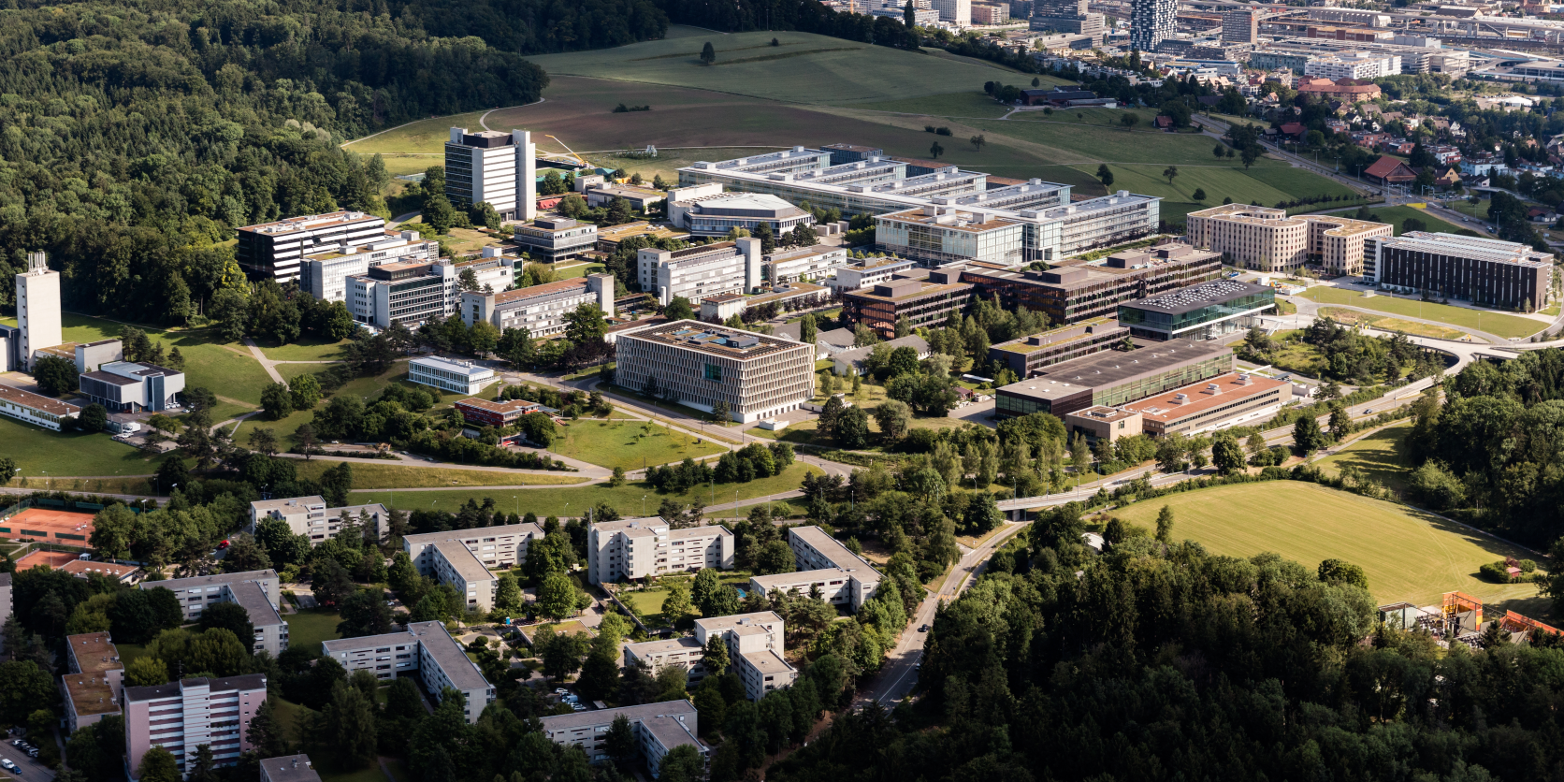News
The Earth’s core is a huge hidden reservoir of hydrogen

Recent research from ETH Zurich has revealed that the Earth’s core contains significantly more hydrogen than previously believed. The analysis suggests that a substantial amount of hydrogen entered the core during the early stages of the Earth’s formation.
The Swiss underground contains numerous indications of critical raw materials

A re-evaluation of georesources data shows that there are indications of occurrences of numerous critical raw materials such as copper, rare earths elements and lithium in Switzerland. Could their exploration mining be worthwhile?
Why some volcanoes don’t explode

An international team of researchers including a scientist from ETH Zurich has shown that friction in magma leads to the formation of bubbles that influence whether a volcano erupts explosively or releases gently flowing lava.
Are we alone in the galaxy? Scientists propose a new science for humanity's deep future

If humanity is the galaxy's only technological civilisation, its survival becomes a cosmic responsibility. Researchers propose Future Dynamics, a new field to align civilisation with Earth's long-term planetary systems.
Ancient ocean crust found buried at the base of Earth's mantle

ETH Zurich researchers have discovered that slabs of ancient ocean floor lie buried near Earth's core, offering a ground-breaking explanation for mysterious, slow-moving regions deep inside our planet.
Olivier Bachmann, would you consider vacationing in the Gulf of Naples this autumn?

The Gulf of Naples is a geologically highly active region. In the following, Olivier Bachmann, Professor of Volcanology and Magmatic Petrology, assesses the various natural hazards – from supervolcano eruptions to earthquakes.
Asteroid 2023 CX1: A unique case study for planetary defense

An international team tracked asteroid 2023 CX1 from space to impact. Its unusual breakup in the atmosphere highlights new risks for Earth and reshapes strategies for planetary defense.
NASA's Bennu samples reveal complex origins, dramatic transformation

Asteroid Bennu, sampled by NASA’s OSIRIS-REx in 2020, holds solar system dust, interstellar organics, and pre-solar stardust—transformed over time by water and harsh space exposure.
When nature turns petroleum into a resource for essential metals
Base metals such as zinc (Zn) and lead (Pb) are essential elements for our economy. They are most commonly used for galvanizing protection for steel and the manufacture of batteries. Both metals are mostly mined from deposits hosted in ancient sedimentary rock formations.
Nine new professors appointed

Earth sciences and chemistry, computer and materials science, nutrition and architecture: the incoming professors work in a wide range of very timely research fields. Seven ETH professors will soon leave the university.